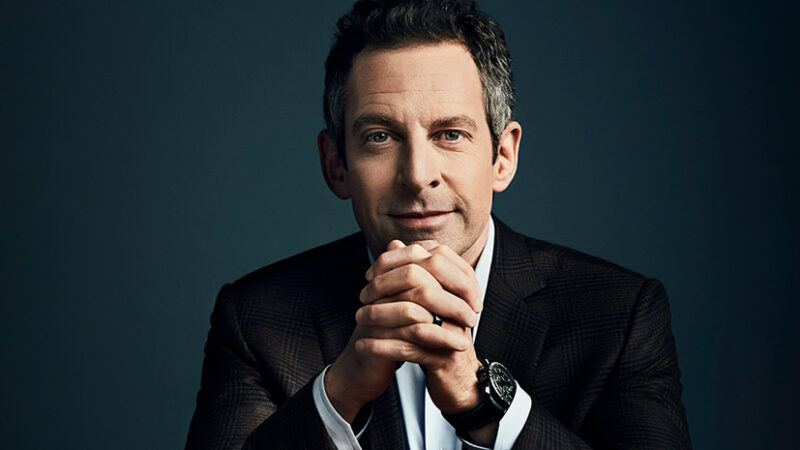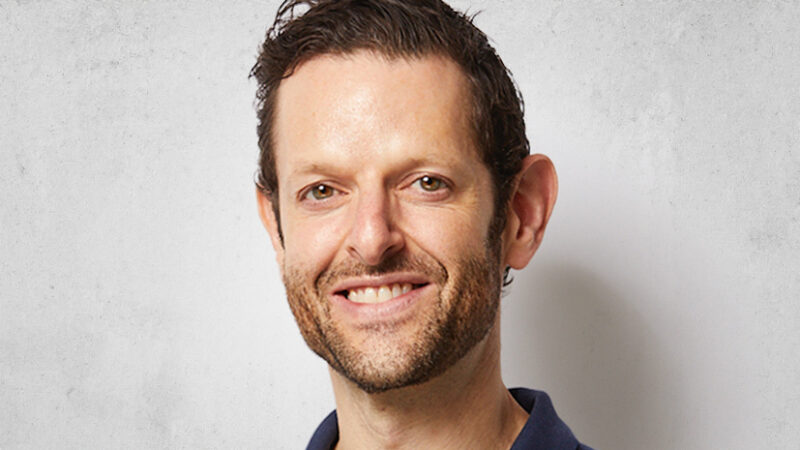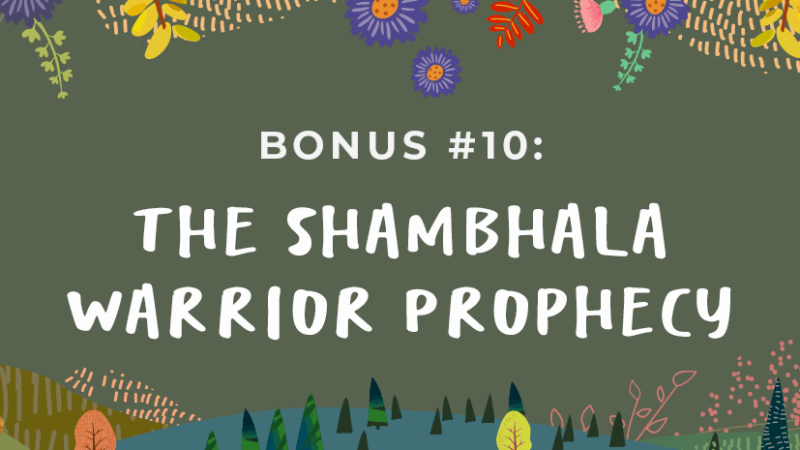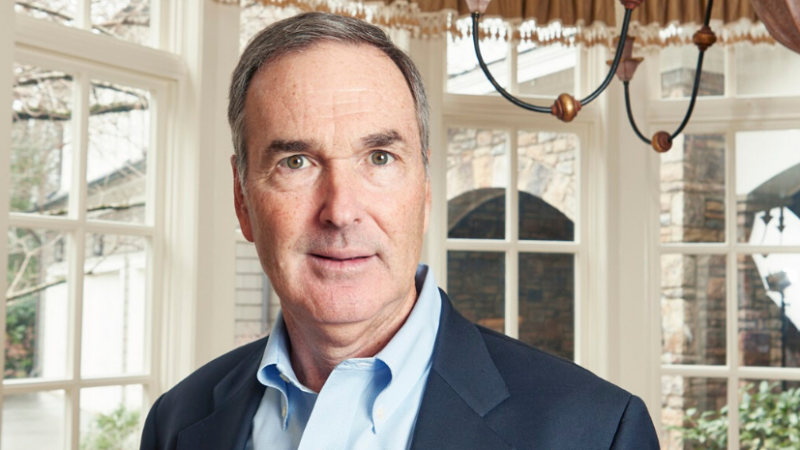-
E117: The Real Work: Letting Go from Within
Michael Singer — October 2, 2025
True spirituality isn’t about mystical experiences or lofty ideals—it’s about honestly facing...
-
Once More: Reflections on Reincarnation and the Gap Between Lives
Tami Simon — September 26, 2025
In this special reflection episode of Insights at the Edge host Tami Simon looks back on her...
-
Honey Tasting Meditation: Build Your Relationship with Sweetness
There is a saying that goes “hurt people hurt people.” I believe this to be true. We have been...
Written by:
Amy Burtaine, Michelle Cassandra Johnson
-
Many Voices, One Journey
The Sounds True Blog
Insights, reflections, and practices from Sounds True teachers, authors, staff, and more. Have a look—to find some inspiration and wisdom for uplifting your day.
Standing Together, and Stepping Up
Written By:
Tami Simon -
The Michael Singer Podcast
Your Highest Intention: Self-Realization
Michael Singer discusses intention—"perhaps the deepest thing we can talk about"—and the path to self-realization.
This Week:
E116: Doing the Best You Can: The Path to Liberation -
Many Voices, One Journey
The Sounds True Blog
Insights, reflections, and practices from Sounds True teachers, authors, staff, and more. Have a look—to find some inspiration and wisdom for uplifting your day.
Take Your Inner Child on Playdates
Written By:
Megan Sherer
600 Podcasts and Counting...
Subscribe to Insights at the Edge to hear all of Tami's interviews (transcripts available, too!), featuring Eckhart Tolle, Caroline Myss, Tara Brach, Jack Kornfield, Adyashanti, and many more.
Most Recent
Sam Harris, PhD: Cutting Through to Consciousness With...
How do meditation and mindfulness accelerate moral progress? Is spiritual insight alone sufficient to solve today’s problems? Dr. Sam Harris is a five-time New York Times bestselling author, philosopher, neuroscientist, and host of the popular podcast Making Sense. He is also someone who has practiced meditation for more than 30 years, having studied with teachers in Tibetan, Burmese, Indian, and Western traditions. Here, Tami Simon sits down with Sam Harris for a deep conversation on the nature of consciousness and the implications of spiritual realization.
Tune in for this “aha moment”–filled podcast exploring: the illusion of the self and the default state of identity; advaita and nonduality; two different types of mystery; the future of AI; psychic phenomena; synchronicity, superstition, and skepticism; a new perspective on how to be happy; the superpower of noticing; tantra; Dzogchen and “the goal as the path”; looking for what is looking; resolving the view; becoming mindful of “the glimpse”; meditating from the neck down; and more.
Note: This episode originally aired on Sounds True One, where these special episodes of Insights at the Edge are available to watch live on video with exclusive access to Q&As with our guests. Learn more at join.soundstrue.com.
Jeff Karp, PhD: LIT: Resensitizing Our Aliveness
The natural world has provided inspiration to poets, artists, and creatives of every ilk. And that includes inventors and innovators like Dr. Jeff Karp. In this podcast, Tami Simon speaks with the renowned biomedical engineer and founder of The Karp Lab about his new book, LIT (Life Ignition Tools): Use Nature’s Playbook to Energize Your Brain, Spark Ideas, and Ignite Action, and how you yourself can turn to the natural world as an ally for problem-solving, unexpected insight, and profound transformation on a daily basis.
Enjoy this incredibly inspiring conversation exploring: The work of the “bioinspirationalist”; how sandcastle worms inspired a new approach to vascular reconstruction in humans; the LIT state and how we can open ourselves up to limitless possibilities in any situation; the pendulum swing between “dull moments” and the times we are totally lit up; the life force within everything; the importance of changing up our routines; LEB (low energy brain); the “press pause” tool of LIT; working with intention; elevating your baseline feeling of wellness and fulfillment; viewing the world through the lens of energy transfer; how we are all contributing to evolution; the practice of cycling through your senses; appreciating our interconnectedness; creating space; aligning your thoughts and actions with your core values; turning negatives into positives; finding rituals and practices to enter into the LIT state; mining the treasures of neurodiversity; and more.
Note: This episode originally aired on Sounds True One, where these special episodes of Insights at the Edge are available to watch live on video with exclusive access to Q&As with our guests. Learn more at join.soundstrue.com.
Ep 10 Bonus: The Shambala Warrior Prophecy
In Episode 10, “We Are the Great Turning,” Joanna shares a story called the “Shambala Warrior Prophecy,” which was told to her by her friend, Tibetan Monk Chogyal Rinpoche. Joanna was tasked with teaching this prophecy in the West, and it’s one of her most famous teachings.
We wanted to separate the story from Episode 10 so that you can come back to the story again and again, whenever you need the inspiration and wisdom it offers. Here is Joanna telling the Shambhala Warrior Prophecy.
We recommend starting a podcast club with friends or family to do these practices together. Links and assets to help prompt reflection and build community can be found with every episode on WeAreTheGreatTurning.com.
Customer Favorites
If the only prayer you ever say in your whole life is ...
If the only prayer you ever say in your whole life is “thank you,” that would suffice. -Meister Eckhart
We are quite sure that tomorrow will come, that the most sacred in-breath and out-breath will be there, that grace will take shape as the sun falling into the ocean, that the love that animates this body will continue to take form in such a rare way. But some part of us knows that it is really so fragile here, so precarious, so extraordinary, that this life is not what we think, and that it will be returned to love very soon. It is too much, though, to let this in all the way, as we know that do so would change everything.
We really are on borrowed time, a loan of grace directly from the cells of the heart of the beloved. Yet we know that she will be asking for this unbearably precious gift to be returned soon, so that she may recycle the uniqueness that you are and swirl it out through this and all universes. She will paint the stars in the sky with the essence of what you are, with the signature of your unique soul, and with each and every light strand of your DNA. She will take every word of sweetness that you have ever uttered, every act of kindness you have ever performed, every moment of humility and longing in your heart, and use it to touch sentient life everywhere. And what you are will then pour through every shooting star that will ever fall through the sky again, into eternity; the dust of the stars and the dust of your heart weaved back into one substance.
So let us take just a moment and say thank you, and to get real clear about what it is we are ready to give, what is really and truly most important, and what is falling away.

John Welwood: We Are Buddhas Becoming Humans as Well a...
John Welwood, PhD, was a psychotherapist and practicing Buddhist who integrated Eastern contemplative wisdom and Western science in his work. He published many books and articles, including Journey of the Heart and Toward a Psychology of Awakening. John passed away in January of 2019 at the age of 75. In honor of his amazing life, Sounds True is presenting a special episode of Insights at the Edge originally broadcast during The Psychotherapy and Spirituality Summit. In this segment, Tami Simon speaks with John about the nature of psychological suffering and the layers of meaning associated with our wounding. John comments on how spiritual practice can help therapy proceed with more awareness, and how spiritual practice benefits from the rigorous analysis of psychotherapy. Tami and John also discuss how to avoid falling into the trap of spiritual bypassing. Finally, they talk about the healing of relational wounds and the gradual spiritual awakening of the human race. (62 minutes)
Steve Macadam: Enabling the Full Release of Human Poss...
Steve Macadam was, for 12 years, the President and CEO of EnPro, a $1.4 billion publicly traded company. He received a BS in mechanical engineering from the University of Kentucky, an MS in finance from Boston College, and an MBA from Harvard University, where he was a Baker Scholar. He currently serves as an independent director on the boards of Louisiana-Pacific Corporation and Valvoline Inc. In this week’s podcast, Tami and Steve discuss what it means for a company to have “dual bottom lines,” and the aspiration to create a business with the formal purpose of enabling the full release of human possibility. (1 hour, 13 minutes)





